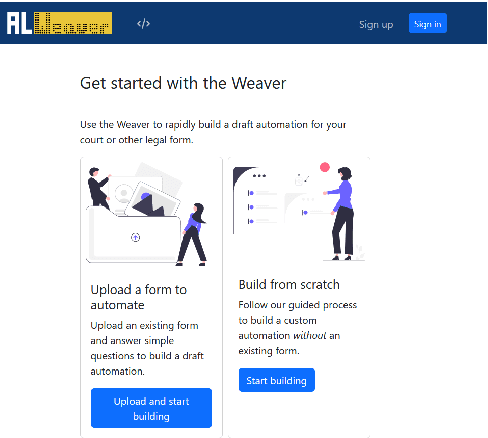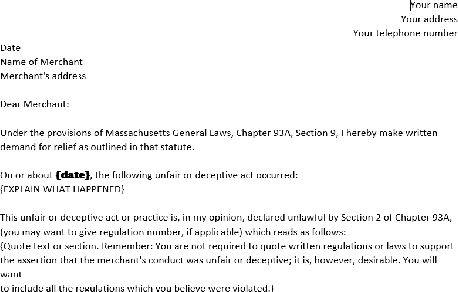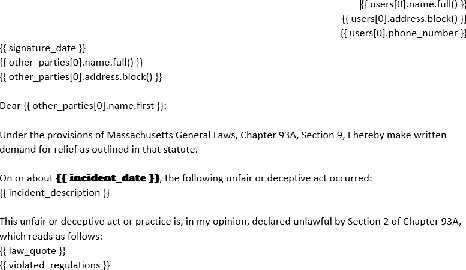Quinten Steenhuis
That's So FETCH: Fashioning Ensemble Techniques for LLM Classification in Civil Legal Intake and Referral
Sep 10, 2025Abstract:Each year millions of people seek help for their legal problems by calling a legal aid program hotline, walking into a legal aid office, or using a lawyer referral service. The first step to match them to the right help is to identify the legal problem the applicant is experiencing. Misdirection has consequences. Applicants may miss a deadline, experience physical abuse, lose housing or lose custody of children while waiting to connect to the right legal help. We introduce and evaluate the FETCH classifier for legal issue classification and describe two methods for improving accuracy: a hybrid LLM/ML ensemble classification method, and the automatic generation of follow-up questions to enrich the initial problem narrative. We employ a novel data set of 419 real-world queries to a nonprofit lawyer referral service. Ultimately, we show classification accuracy (hits@2) of 97.37\% using a mix of inexpensive models, exceeding the performance of the current state-of-the-art GPT-5 model. Our approach shows promise in significantly reducing the cost of guiding users of the legal system to the right resource for their problem while achieving high accuracy.
Getting in the Door: Streamlining Intake in Civil Legal Services with Large Language Models
Oct 02, 2024



Abstract:Legal intake, the process of finding out if an applicant is eligible for help from a free legal aid program, takes significant time and resources. In part this is because eligibility criteria are nuanced, open-textured, and require frequent revision as grants start and end. In this paper, we investigate the use of large language models (LLMs) to reduce this burden. We describe a digital intake platform that combines logical rules with LLMs to offer eligibility recommendations, and we evaluate the ability of 8 different LLMs to perform this task. We find promising results for this approach to help close the access to justice gap, with the best model reaching an F1 score of .82, while minimizing false negatives.
Weaving Pathways for Justice with GPT: LLM-driven automated drafting of interactive legal applications
Dec 14, 2023



Abstract:Can generative AI help us speed up the authoring of tools to help self-represented litigants? In this paper, we describe 3 approaches to automating the completion of court forms: a generative AI approach that uses GPT-3 to iteratively prompt the user to answer questions, a constrained template-driven approach that uses GPT-4-turbo to generate a draft of questions that are subject to human review, and a hybrid method. We use the open source Docassemble platform in all 3 experiments, together with a tool created at Suffolk University Law School called the Assembly Line Weaver. We conclude that the hybrid model of constrained automated drafting with human review is best suited to the task of authoring guided interviews.
 Add to Chrome
Add to Chrome Add to Firefox
Add to Firefox Add to Edge
Add to Edge